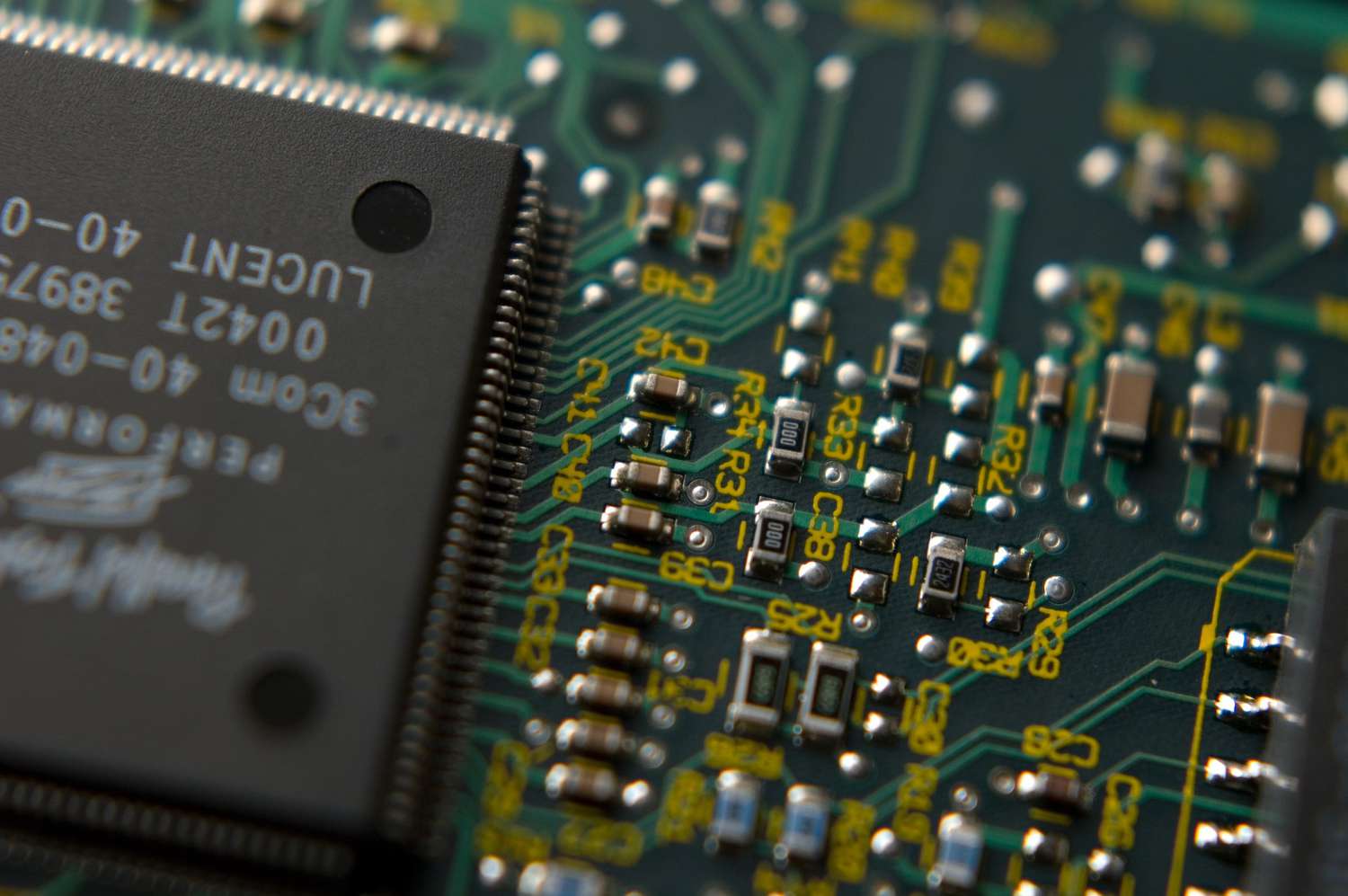Senior Vice President and head of Intel Foundry Service, Stuart Pann, will announce Intel’s achievements and plans in the contract chip manufacturing sector at the upcoming IFS Direct Connect 2024 event in California. In a comprehensive interview with Tom’s Hardware, Pann discussed the company’s current priorities in this field.
Intel’s Strategic Focus and Technological Advancements
Firstly, Pann emphasized that the initial focus on contract customers for the Intel 18A process technology is economically justified. Collaborative development efforts with Cadence and Synopsys have led Intel to optimize its component design services, making it easier for clients to develop their chips using the Angstrom-scale 18A manufacturing process. As part of this technology, Intel plans to implement reverse side power supply for silicon plates, aiming to outpace industry rivals TSMC and Samsung. Focusing on leading-edge and more expensive processes will expedite return on Intel’s investment in increasing manufacturing capacity and the rapid adoption of advanced lithography.
Intel’s Global Ambitions
By 2030, Pann noted, Intel aims to become the second-largest contract chip manufacturer worldwide. Efficient utilization of resources, such as equipment and facilities that have already paid for themselves, underpins this strategy. Cases in point are the collaborations with Tower Semiconductor and UMC, where Intel will lease out fully paid-off facilities and equipment, generating additional income. These partners will acquire manufacturing facilities in the US, paying Intel for their use. UMC will get Intel’s 14nm and 10nm technology production equipment housed in buildings unsuitable for installing modern EUV lithography equipment. As a result, these otherwise idle buildings will yield income for Intel.
Intel’s Diversified Offering for Clients
Intel will offer packaging services to external clients both in Malaysia and in its upcoming facility in Poland. However, some clients will opt to work with Intel’s facilities in New Mexico, Oregon, and Arizona. In the latter case, the clients can use Intel components manufactured using the 18A technology, have them tested, and packaged within the US, hence sourcing entirely locally-manufactured products which will likely appeal to some. Pann shared that defense contractors in the US have shown interest in Intel’s advanced processes, albeit the specifics of these products remains confidential. Intel will offer them a separate, private event this week.
Intel’s Client Confidentiality
The question of whether Intel will package chips on behalf of NVIDIA remains unaddressed by Pann. Honouring clients’ confidentiality requests, even if NVIDIA were involved, Intel would make no exceptions. However, Pann mentioned that he was aware of rumors regarding possible close cooperation between NVIDIA and Intel. Additionally, Pann clarified that Intel would be willing to adapt its technology to suit specific needs of its clients if necessary.
Facing Market Competition
Pann expressed confidence in the face of increasing competition from mature Chinese chip manufacturers. According to Pann, Intel has the competitive edge due to being a US company capable of offering locally manufactured chips under attractive terms and conditions to American customers. However, Pann conceded that Intel would likely struggle to compete with Chinese competitors in the Chinese market.




